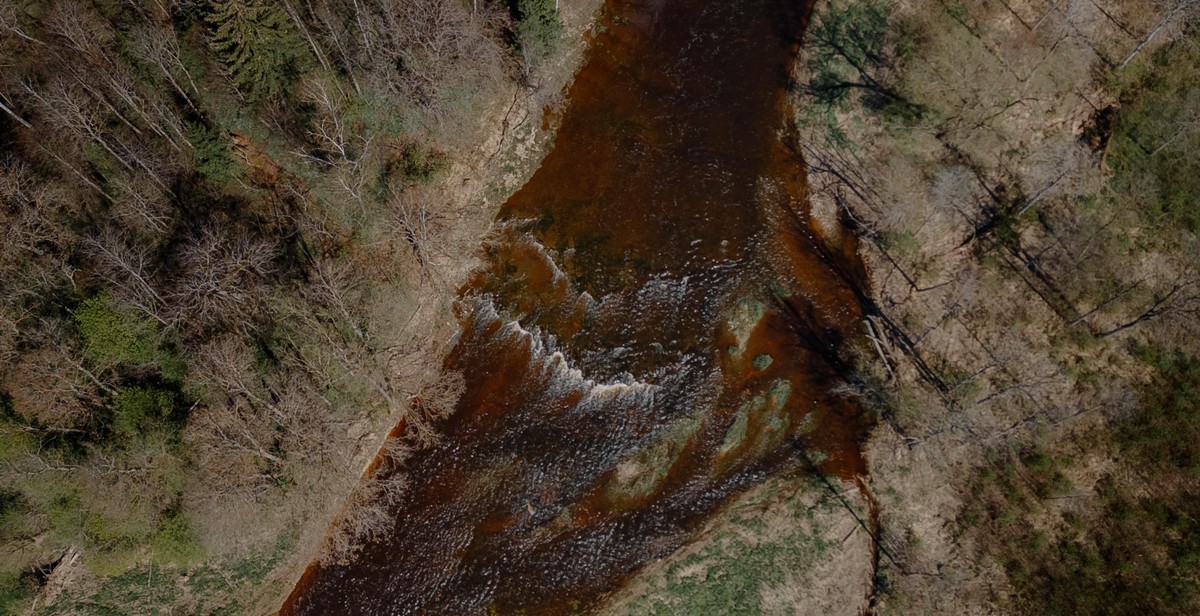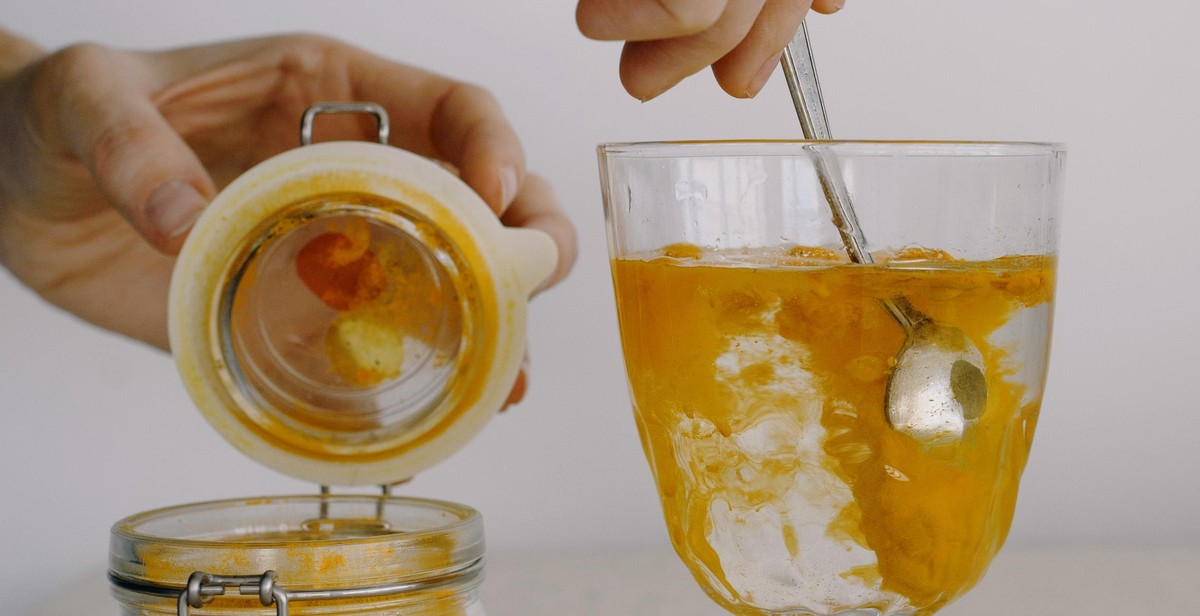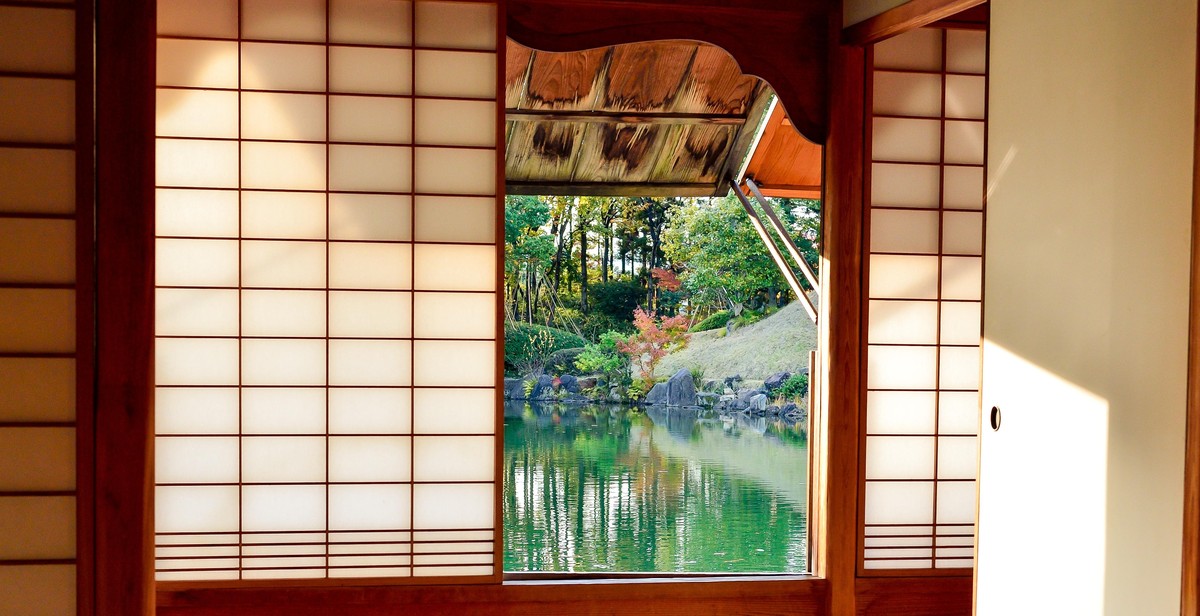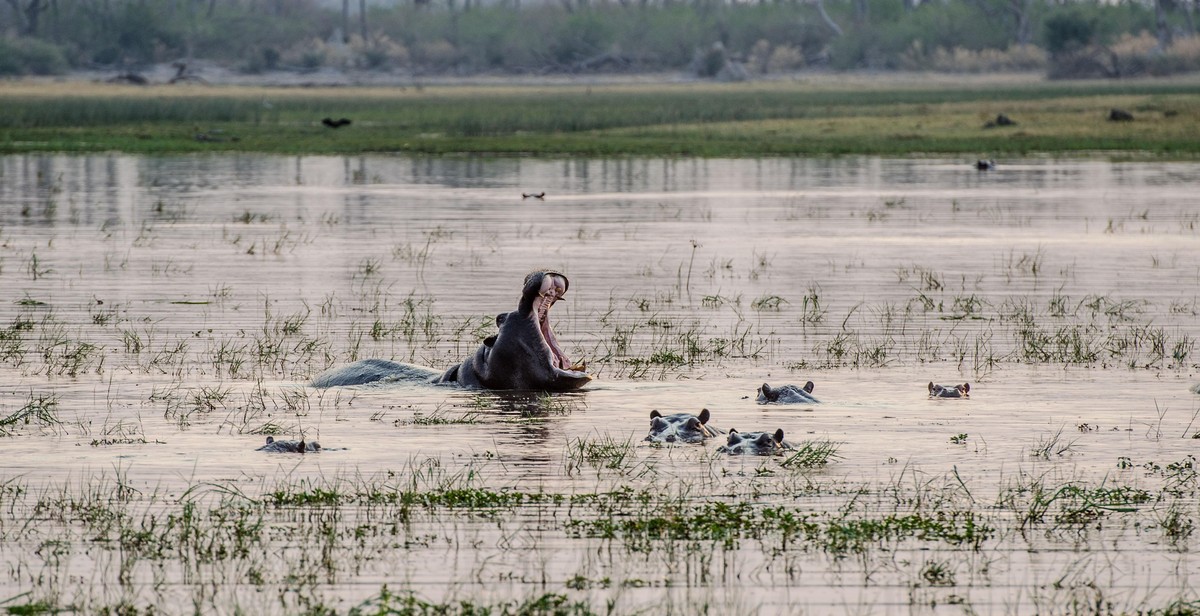Introduction: How to Reduce Water Usage in Your Home
Water is a precious resource that we all depend on. However, with increasing population and climate change, the demand for water is growing, and our water sources are becoming scarce. Therefore, it is essential to reduce water usage in every possible way. Reducing water usage not only helps to conserve this precious resource but also helps to save energy and money on utility bills.
Why Reducing Water Usage is Important
Reducing water usage is essential for several reasons:
- Conserving Water: Reducing water usage helps to conserve this precious resource, especially in areas where water is scarce.
- Saving Energy: The production and transportation of water require a significant amount of energy. By reducing water usage, you can help to save energy and reduce greenhouse gas emissions.
- Saving Money: Reducing water usage can help to lower your utility bills. By using less water, you can reduce the amount of water you pay for each month.
- Protecting the Environment: Wasteful water usage can harm the environment by depleting water sources and polluting waterways. By reducing water usage, you can help to protect the environment and preserve natural habitats.
In this article, we will discuss several ways to reduce water usage in your home. By implementing these simple tips, you can help to conserve water, save money, and protect the environment.

Bathroom
The bathroom is one of the most water-intensive rooms in the house. Here are some tips to help reduce water usage:
Install low-flow showerheads
Replacing your standard showerhead with a low-flow showerhead is an easy way to save water without sacrificing performance. Low-flow showerheads can reduce water usage by up to 50% compared to traditional showerheads. They work by restricting the flow of water while still maintaining a strong and consistent spray.
Fix leaky faucets
A leaky faucet not only wastes water, but it can also add up to your water bill. A single dripping faucet can waste up to 3,000 gallons of water per year. Fixing a leaky faucet is a simple and cost-effective way to reduce water usage in your home.
Take shorter showers
Shortening your shower time is an effective way to save water. The average showerhead uses 2.5 gallons of water per minute. By cutting your shower time by just a few minutes, you can save a significant amount of water. Consider investing in a shower timer to help keep track of your shower time.
Other tips
- Turn off the water while brushing your teeth or shaving
- Don’t use the toilet as a trash can
- Consider replacing your toilet with a low-flow model
- Take care not to overfill the bathtub
By following these tips, you can significantly reduce water usage in your bathroom and help conserve one of our most precious resources.

Kitchen
The kitchen is one of the areas in the home where most water is used. Here are some tips on how to reduce water usage in the kitchen:
Run full dishwasher loads
When using a dishwasher, make sure to run full loads to save water. Running a half-empty dishwasher wastes water and energy. It is also advisable to use the dishwasher’s eco-mode, which uses less water and energy.
Fix leaky faucets
Leaky faucets are not only annoying, but they can also waste a lot of water. A leaky faucet that drips at a rate of one drip per second can waste up to 3,000 gallons of water per year. Fixing leaky faucets can save you a lot of water and money in the long run.
Use a basin to wash dishes
When washing dishes by hand, use a basin instead of running the tap continuously. This can save a lot of water. Fill the basin with water and soap, wash the dishes, and then rinse them in another basin filled with clean water. This way, you can reuse the rinse water to wash other dishes.
| Tip | Description |
|---|---|
| Use a low-flow faucet aerator | A low-flow faucet aerator can reduce water usage by up to 50% while maintaining water pressure. |
| Use a pressure cooker | A pressure cooker can cook food faster and use less water than conventional cooking methods. |
| Reuse cooking water | Reuse water used to cook pasta or vegetables to water plants or for other household uses. |
By following these simple tips, you can reduce water usage in your kitchen and save money on your water bill.

Laundry Room
The laundry room is one of the most water-intensive areas in the home. Here are some tips to help you reduce water usage:
Wash full loads only
Washing full loads of laundry instead of smaller loads can help you save water and energy. This is because the same amount of water and energy is used to wash a small load as a full load. By waiting until you have a full load, you can reduce the number of loads you do and, in turn, reduce water usage.
Upgrade to a high-efficiency washing machine
High-efficiency washing machines are designed to use less water and energy than traditional washing machines. They are also gentler on your clothes, which can help them last longer. If you are in the market for a new washing machine, consider investing in a high-efficiency model. Not only will you save water, but you may also save money on your energy bill.
Reuse towels and clothing
Many of us are guilty of throwing towels and clothing in the laundry after only one use. However, reusing towels and clothing can help you save water and reduce the amount of laundry you do. Towels can be reused several times before they need to be washed, and clothing can often be worn more than once before it needs to be laundered. By reusing these items, you can significantly reduce water usage.
| Traditional washing machine | High-efficiency washing machine | |
|---|---|---|
| Water usage | 20-40 gallons per load | 10-20 gallons per load |
| Energy usage | More energy required | Less energy required |
| Gentleness on clothes | Can be harsh on clothes | Gentler on clothes |
By following these tips, you can significantly reduce water usage in your laundry room and throughout your home.

Outdoors
Reducing water usage doesn’t have to be limited to indoor activities. There are several ways to conserve water outdoors as well:
Water plants in the early morning or late evening
During the hottest parts of the day, water evaporates quickly and may not reach the roots of your plants. Instead, water your plants early in the morning or late in the evening when the temperature is cooler and the water has a chance to penetrate the soil.
Use drought-resistant plants
Planting drought-resistant plants can help reduce water usage in your garden. These plants are able to survive with less water and require less maintenance. Some examples of drought-resistant plants include succulents, lavender, and rosemary.
Use a broom instead of a hose to clean outdoor spaces
Using a broom to sweep away dirt and debris from outdoor spaces like patios and driveways can save a significant amount of water. Instead of using a hose to wash away the dirt, use a broom to sweep it away. This not only saves water but also prevents the dirt from washing into storm drains and polluting waterways.
Install a rain barrel
Installing a rain barrel is a great way to conserve water and reduce your water bill. Rain barrels collect rainwater that can be used to water plants and gardens. This not only reduces your water usage but also helps prevent stormwater runoff and erosion.
| Plant | Water requirements |
|---|---|
| Succulents | Low |
| Lavender | Low to moderate |
| Rosemary | Low |
Conclusion
Reducing water usage in your home is not only beneficial for the environment but also for your wallet. By implementing the tips mentioned in this article, you can significantly reduce your household’s water consumption.
Summary of tips
- Fix leaky faucets and pipes
- Install low-flow showerheads and faucets
- Upgrade to a water-efficient toilet
- Use a dishwasher instead of hand-washing dishes
- Water your lawn and plants in the early morning or late evening
- Only run your washing machine and dishwasher when they are full
- Collect and reuse rainwater
By following these tips, you can save hundreds of gallons of water each month. Not only will this reduce your water bill, but it will also help to conserve our planet’s precious resources.
Additional benefits
Reducing water usage in your home also has additional benefits, such as:
- Reducing energy usage and costs
- Preventing water damage and mold growth
- Improving the lifespan of your appliances and plumbing fixtures
- Increasing your home’s resale value
So, what are you waiting for? Start implementing these water-saving tips today and do your part in protecting our planet’s resources.
| Tip | Estimated Water Savings |
|---|---|
| Fix leaky faucets and pipes | Up to 200 gallons per month |
| Install low-flow showerheads and faucets | Up to 500 gallons per month |
| Upgrade to a water-efficient toilet | Up to 13,000 gallons per year |
| Use a dishwasher instead of hand-washing dishes | Up to 200 gallons per month |
| Water your lawn and plants in the early morning or late evening | Up to 300 gallons per month |
| Only run your washing machine and dishwasher when they are full | Up to 1,000 gallons per month |
| Collect and reuse rainwater | Varies depending on rainfall |
